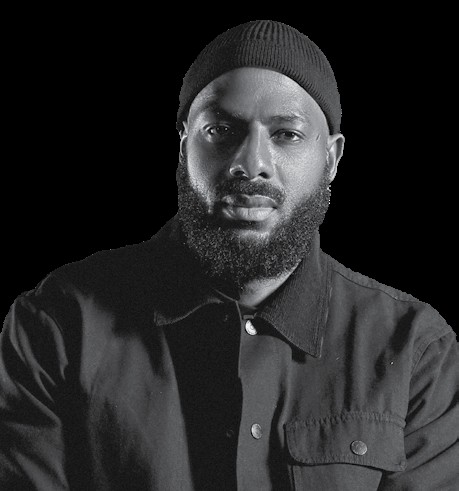DEBATE
''How Do Salon Managers Recruit?''
Salon Management teams discuss which recruitment strategies work best for their business.
SOPHIE-ROSE GOLDSWORTHY MANAGER AT GOLDSWORTHY’S
1 “We have a tier system in the salon so if someone leaves, it gives the person under them the chance to be thrown into the deep end and pick up some new clients. We mainly recruit through our own training programme, and the school leavers that we employ immediately join the academy. We're quite fortunate because we're a 63-year-old company and very embedded within the community, so we don't tend to advertise anymore, instead people email and enquire. We'll get applications that say,“My auntie trained here when she was younger” or “You do my grandma's hair and she said this is the best salon to come to for training,” So word of mouth works for us. Our Cirencester salon has gone to job fairs at local schools and taken part in digital job fairs. They also send a newsletter to all the kids and parents. When I started, which was about 12 years ago, we'd get tens of applications, whereas now it's five and under. There’s definitely been a decrease. We're not part of a board so we're able to offer recruitment much more freely than before where students had to hit a certain criteria with their GCSE results. We can offer positions to people that show potential rather than academic skills. It has been good for us to be able to offer employment to people that are creatively skilled. It shouldn't be about your GCSEs.”

SARAH MCKENNA, FOUNDER LONDON HAIR LAB
2 “At Vixen & Blush we recruit at Apprentice level and Senior Stylist level. As we are a certified training center for hair extensions, we love to recruit apprentices, knowing we can certify and insure these trainees once they achieve their full hairdressing qualifications. We look to recruit apprentices who actively reach out to us because they already know they want to specialise in hair extensions. To recruit a Senior Stylist onto our team takes about six months of careful recruitment practice, as being a hair extension technician is very skilled. We keep our recruitment ads live throughout the year and review applicants consistently, even when we are not in a recruitment drive mode. This means we wait for the right person to come along, and if we find a great stylist we will make space for them on our team. This can be quite an expensive and time-consuming process, but having been in the industry for 12 years, we can absolutely say that keeping active all year round is effective in securing the best in the industry. We use a combination of word of mouth, social media and the larger recruitment websites to put ourselves out there. We meet candidates throughout the year and invite them to the salon for a trial daythis a great way for both us and the stylist themselves to find out if it is a good fit.”

KAYE SOTOMI, FOUNDER CHOP CHOP LONDON
3 “When we opened, our Art Director wanted to make sure everybody was on the same path. We recruited specifically for people that were confident in cutting European and Afro or curly hair, and for those that were the right fit but lacked skills in some areas, we put them through training. There has been a lot of education and investment into the people that have joined the company. Word of mouth has been a great thing for us, and we also use job boards such as Indeed as well as social media. We’ve used pretty much all the different channels to recruit. There’s a benefit to using different avenues to get staff. We're quite a young company and we're very forward thinking so we do attract quite a young ‘Gen Z’ team but at the same time we want to appeal to ‘boomers’, ‘Gen X’ and ‘Millennials’ too. It's important to consider because different generations shop in different ways and they find jobs in different ways. We want to make sure that we're targeting all areas because we're an inclusive business. We attract different ages and different cultures and we want our stylists to be reflective of the types of customers that come into our salon. Everybody that has worked for us has understood that inclusion is not a choice, and when we recruit we make that as clear as possible.”